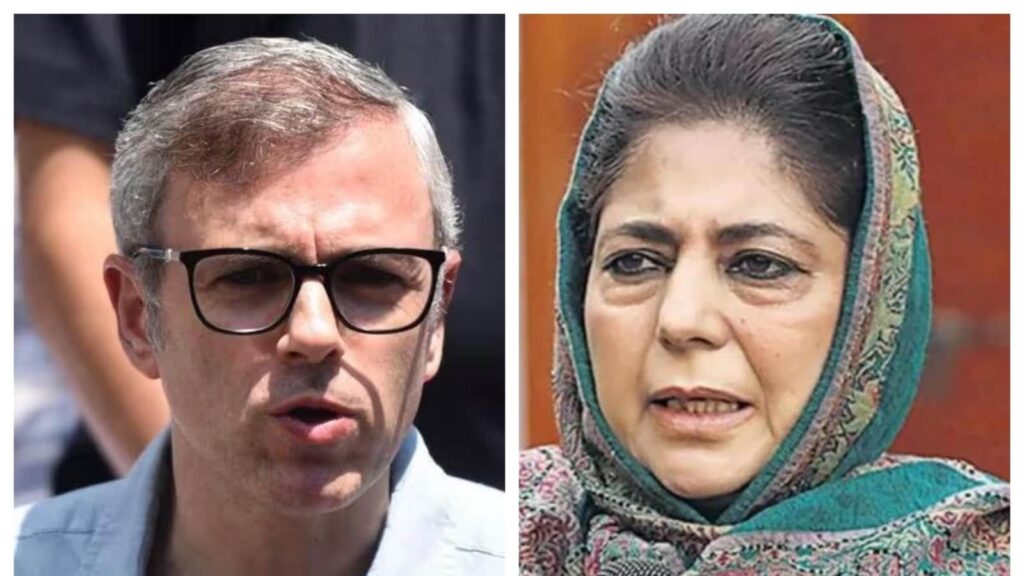The three Lok Sabha seats in Kashmir Valley have put the INDIA bloc in a fix. With the National Conference (NC) and the People’s Democratic Party (PDP) refusing to share the constituencies, the Opposition group will have to take a call on who to back in the Valley. The Congress, in particular, would need to figure out its preferences since both the NC and the PDP have said they would back its nominees in the two seats in Jammu; a common Opposition candidate is likely to be fielded for the Ladakh constituency.
The breakdown of NC-PDP ties is not unexpected: The two parties represent different political constituencies in the Valley and their legacies are very different. Both came together as part of the People’s Alliance for the Gupkar Declaration in October 2020 as a response to the abrogation of Article 370. The glue that held the multi-party Gupkar alliance was Article 370, but, clearly, both parties have privileged their electoral goals over the bigger idea of Kashmiri sub-nationalism, embedded in the demand to restore Jammu and Kashmir’s special status. That agenda itself lost traction after the Supreme Court of India endorsed the Centre’s August 2019 decisions to abrogate Article 370 and divide the state into two Union territories. Divisions within the alliance came to the fore during the 2020 District Development Council elections after the NC was accused of fielding proxy candidates to undercut its rivals. The consensus built around Article 370 collapsed thereafter, with Sajjad Lone’s Jammu and Kashmir People’s Conference quitting the alliance. The NC and PDP may still stand with the INDIA bloc – both Farooq Abdullah (NC) and Mehbooba Mufti (PDP) spoke at the Opposition’s Ramlila Maidan rally on March 31– but considering that they appeal to opposing political visions of Kashmir, their parting of ways was inevitable.
The fracturing of the Gupkar alliance in the Kashmir Valley may, in fact, open up the political space and spice up the conversation, now silent under the heavy hand of President’s rule. The diversity of political agents will allow multiple voices to flourish and, perhaps, change the discourse for the better.

